Japan: A Land of Tradition, Innovation, and Timeless Beauty
 Nestled in the far reaches of East Asia lies a country of profound contrasts, where ancient traditions coexist with cutting-edge technology, and tranquil landscapes blend seamlessly with bustling cityscapes. This country is Japan, a land steeped in history, culture, and natural beauty. In this comprehensive exploration, we embark on a journey through the archipelago to uncover the multifaceted story of Japan, from its mythical origins to its modern-day prominence on the global stage.
Nestled in the far reaches of East Asia lies a country of profound contrasts, where ancient traditions coexist with cutting-edge technology, and tranquil landscapes blend seamlessly with bustling cityscapes. This country is Japan, a land steeped in history, culture, and natural beauty. In this comprehensive exploration, we embark on a journey through the archipelago to uncover the multifaceted story of Japan, from its mythical origins to its modern-day prominence on the global stage.
Mythical Origins and Historical Legacy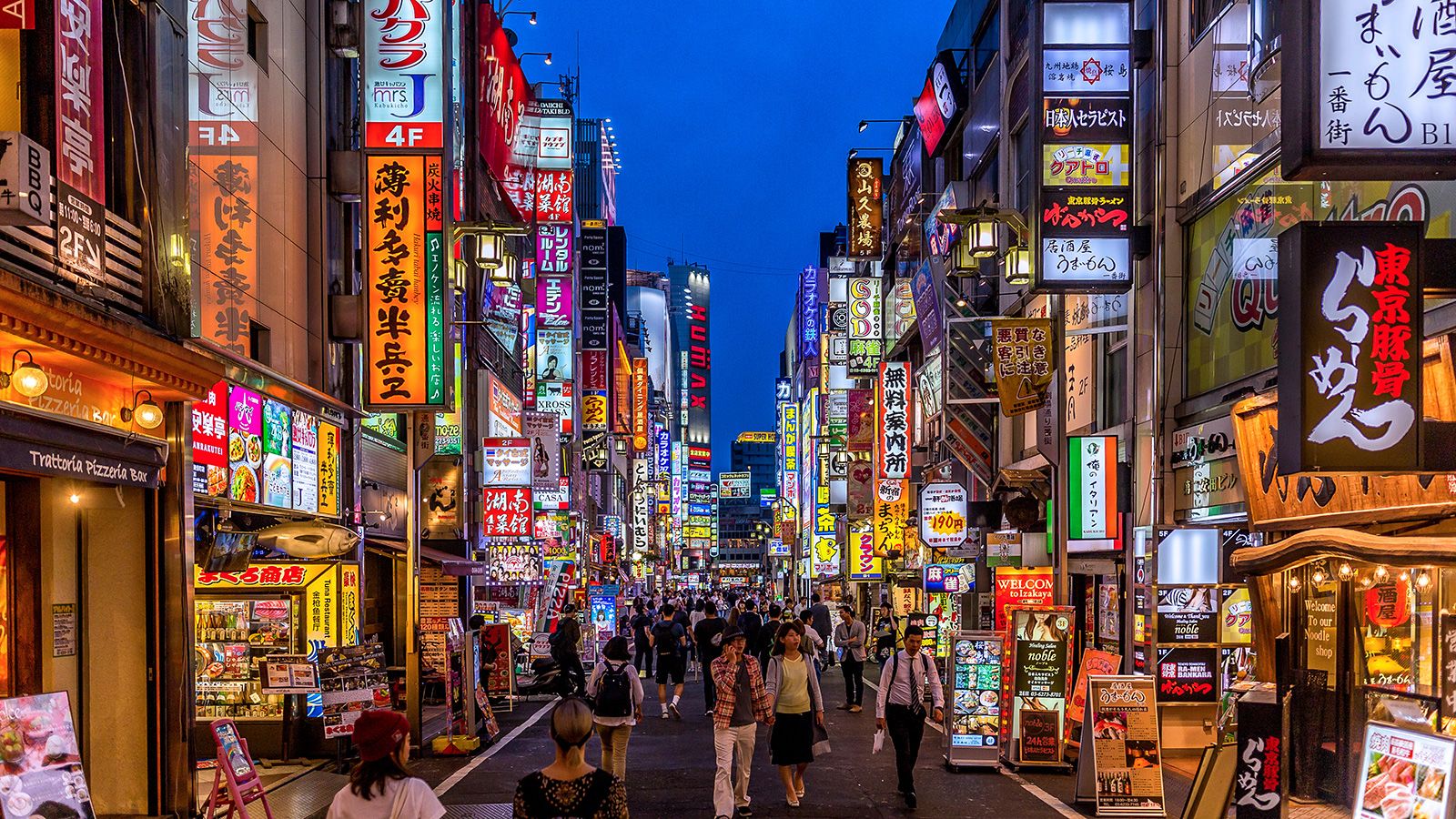
The story of Japan begins in the mists of ancient mythology, with the creation of the world by the gods Izanagi and Izanami. According to legend, the islands of Japan were formed from the droplets of water that fell from Izanagi's spear as he stirred the primordial sea. From these divine beginnings emerged the Japanese archipelago, a land imbued with spiritual significance and cultural richness.
The recorded history of Japan begins in the 6th century CE, with the establishment of the Yamato state and the introduction of Buddhism from the Asian mainland. Over the centuries, Japan experienced periods of political upheaval, cultural exchange, and artistic flourishing, shaping the unique identity of the Japanese people.
Feudal Japan: Samurai, Shoguns, and Zen
One of the most iconic periods in Japanese history is the feudal era, which spanned from the 12th to the 19th century. During this time, Japan was divided into a patchwork of feudal domains ruled by powerful samurai lords known as daimyo. At the apex of this hierarchical society stood the shogun, the military dictator who wielded supreme authority over the realm.
The samurai, warriors bound by a code of honor known as bushido, played a central role in shaping the culture and ethos of feudal Japan. Their martial prowess, discipline, and unwavering loyalty to their lords became legendary, immortalized in tales of valor and sacrifice.
Amidst the turmoil of war and conflict, Japan also witnessed the emergence of Zen Buddhism, a school of thought that emphasized meditation, mindfulness, and the pursuit of enlightenment. Zen philosophy profoundly influenced the arts, literature, and aesthetics of Japan, giving rise to such iconic cultural expressions as the tea ceremony, flower arranging, and the minimalist architecture of Zen temples.
The Edo Period and Isolation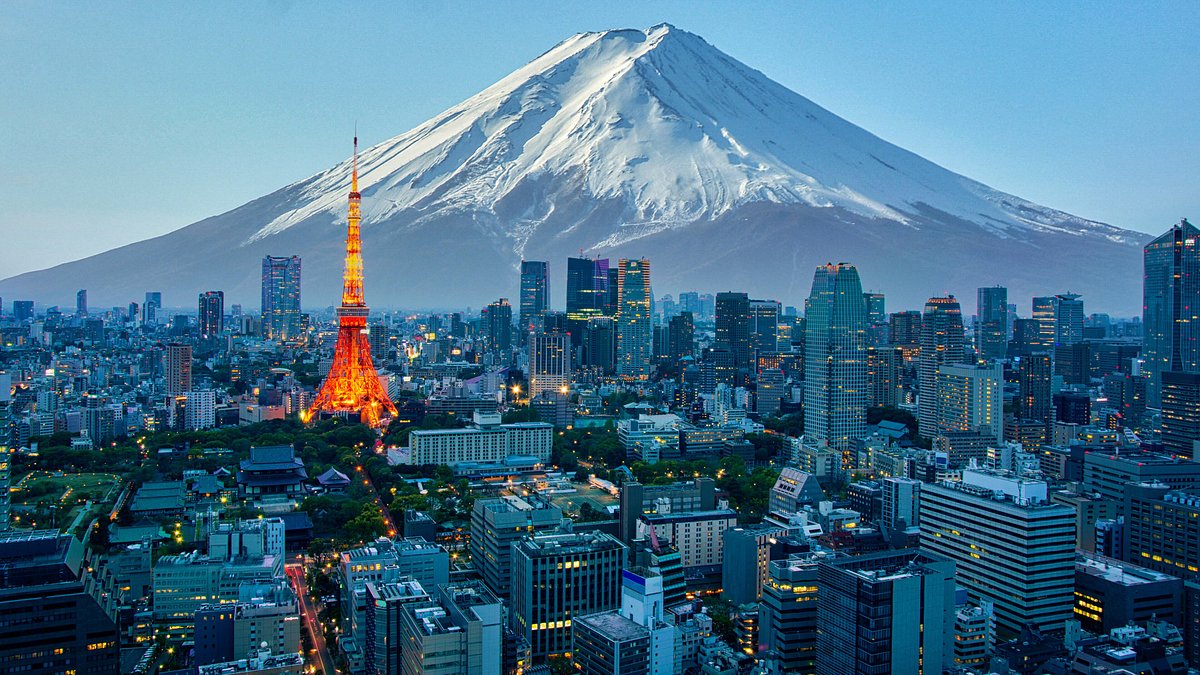
The early 17th century saw the rise of the Tokugawa shogunate, a period of relative peace and stability known as the Edo period. Under Tokugawa rule, Japan underwent a process of centralization and urbanization, with the establishment of the city of Edo (modern-day Tokyo) as the political and cultural center of the realm.
Despite its internal prosperity, Japan adopted a policy of isolationism, known as sakoku, which restricted foreign trade and contact with the outside world. For over two centuries, Japan remained largely closed off from the rest of the world, with only limited interactions with neighboring countries such as China and Korea.
Meiji Restoration and Modernization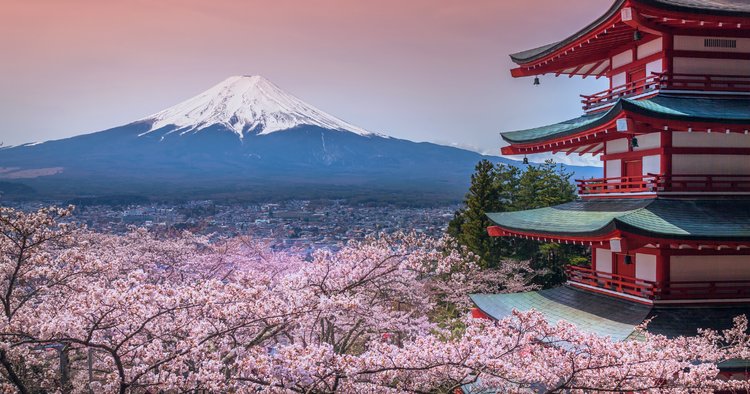
The 19th century brought seismic changes to Japan, as the country underwent a process of rapid modernization and industrialization known as the Meiji Restoration. In 1868, Emperor Meiji ascended to the throne, signaling the end of the shogunate and the restoration of imperial rule.
Under the banner of "Enlightenment and Civilization," Japan embarked on a comprehensive program of reform aimed at modernizing its economy, government, and military. The country embraced Western technology, education, and institutions, transforming itself into a formidable regional power in just a few decades.
World War II and Reconstruction
The 20th century brought both triumph and tragedy to Japan, as the country experienced unprecedented highs and lows on the global stage. The early decades saw Japan emerge as a major industrial and military power, with victories in the Russo-Japanese War (1904-1905) and territorial expansion in East Asia.
However, Japan's ambitions ultimately led to its downfall, as the country became embroiled in World War II, culminating in its defeat and occupation by Allied forces in 1945. The post-war period was marked by profound soul-searching and reconstruction, as Japan sought to reconcile its past actions and forge a path towards reconciliation and renewal.
Economic Miracle and Technological Innovation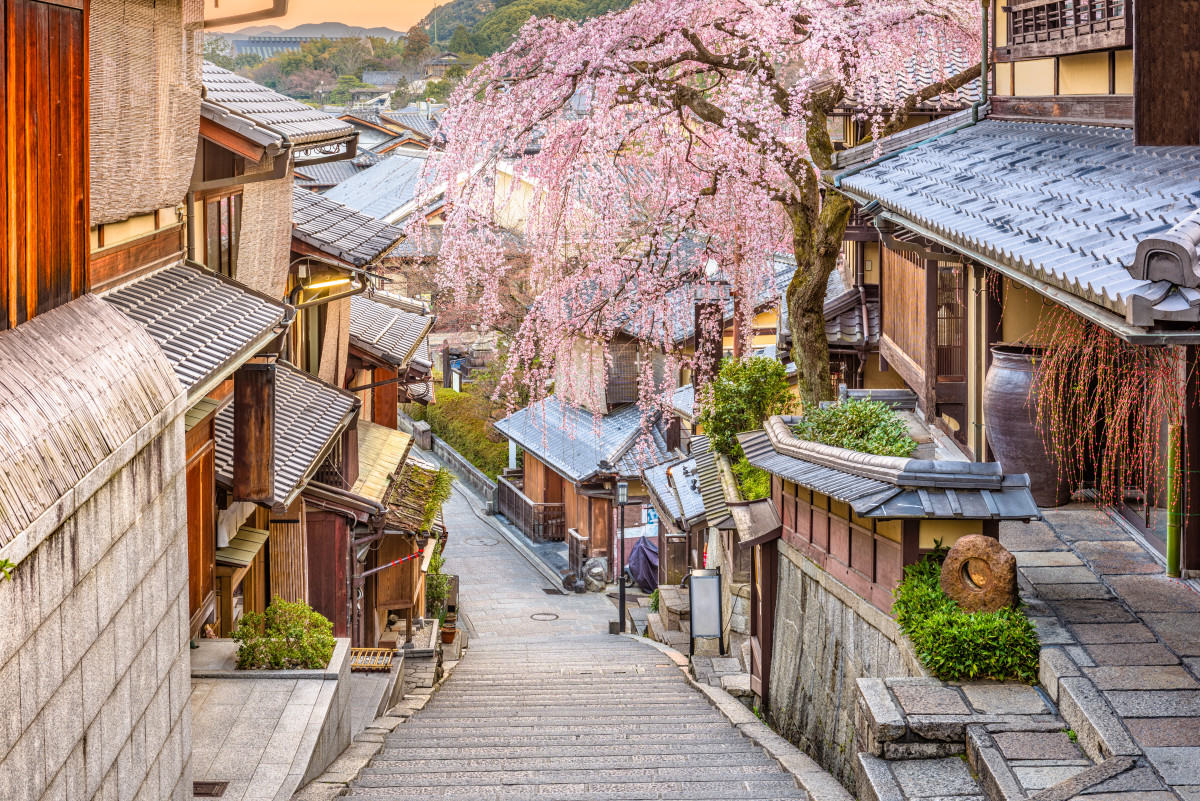
In the decades following World War II, Japan experienced an unprecedented period of economic growth and prosperity, often referred to as the "Japanese miracle." Through sheer determination, hard work, and ingenuity, Japan emerged as a global leader in industry, technology, and innovation.
Japanese companies such as Sony, Toyota, and Nintendo became household names around the world, revolutionizing industries and shaping the course of global commerce. Japan's commitment to excellence, craftsmanship, and continuous improvement, embodied in the concept of "kaizen," propelled the country to the forefront of the global economy.
Contemporary Japan: Tradition Meets Modernity
Today, Japan stands as a vibrant and dynamic nation that seamlessly blends tradition with modernity, innovation with heritage. Its cities pulsate with energy and activity, yet pockets of tranquility can still be found in the serene gardens, temples, and shrines that dot the urban landscape.
The cultural treasures of Japan, from its exquisite cuisine to its elegant arts and crafts, continue to captivate and inspire people around the world. Traditional practices such as tea ceremony, kabuki theater, and sumo wrestling remain integral to Japanese identity, even as the country embraces the latest trends in fashion, entertainment, and technology.
Japan's journey from ancient mythology to modern-day prominence is a testament to the resilience, creativity, and spirit of its people. Through centuries of triumphs and tribulations, Japan has remained steadfast in its commitment to preserving its cultural heritage, fostering innovation, and embracing the challenges of the future.
As Japan continues to navigate the complexities of the 21st century, it serves as a beacon of inspiration and possibility for people everywhere. With its rich history, vibrant culture, and boundless creativity, Japan invites visitors and observers alike to discover the timeless beauty and enduring legacy of this remarkable country.
Cultural Diversity and Natural Splendor
Beyond its rich history and modern achievements, Japan's cultural diversity and natural splendor are equally captivating. The country's geography spans from snow-capped mountains to verdant forests, from volcanic hot springs to pristine coastlines, offering a wealth of experiences for outdoor enthusiasts and nature lovers.
In rural areas, traditional farming villages, known as satoyama, offer a glimpse into Japan's agrarian past, where rice paddies, terraced fields, and thatched-roof houses dot the landscape. These idyllic settings provide a serene retreat from the hustle and bustle of urban life, inviting visitors to experience the timeless rhythms of rural Japan.
Japan's cultural heritage is also reflected in its festivals, rituals, and ceremonies, which celebrate the changing seasons, honor ancestral traditions, and pay homage to the country's spiritual roots. From cherry blossom viewing parties in spring to colorful matsuri (festivals) in summer and autumn foliage tours in fall, Japan's calendar is filled with vibrant celebrations that bring communities together and showcase the diversity of Japanese culture.
Culinary Delights and Epicurean Adventures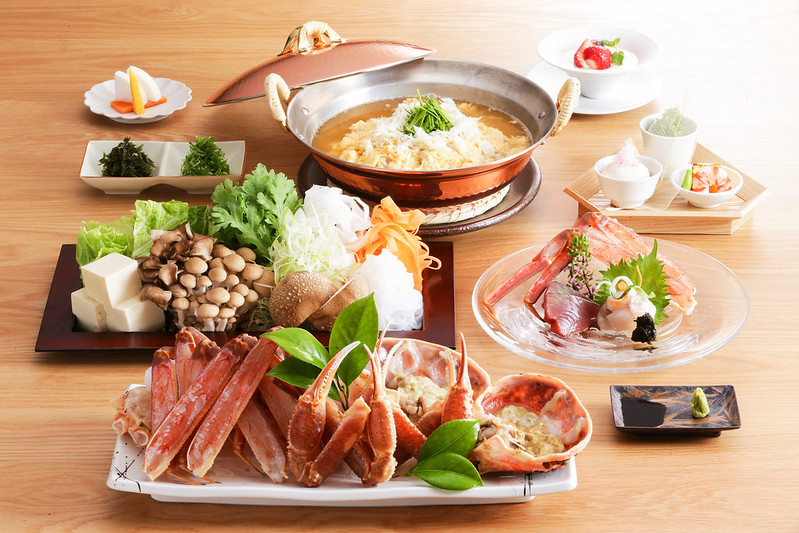
No exploration of Japan would be complete without delving into its culinary delights, which are as varied and nuanced as the country's cultural landscape. Japanese cuisine, known as washoku, is celebrated for its emphasis on fresh, seasonal ingredients, meticulous preparation, and artistic presentation.
From delicate sashimi and savory sushi to hearty ramen and comforting bowls of udon, Japanese cuisine offers a diverse array of flavors and textures to tantalize the taste buds. Regional specialties, such as Hiroshima-style okonomiyaki, Kyoto kaiseki, and Hokkaido seafood, showcase the unique culinary traditions of each prefecture and reflect the country's rich culinary heritage.
Japanese dining experiences extend beyond the plate, with izakaya (pubs), yatai (food stalls), and ryokan (traditional inns) providing immersive opportunities to savor the flavors of Japan and connect with local communities. Whether indulging in a multi-course kaiseki meal or slurping noodles at a bustling ramen shop, dining in Japan is an adventure for the senses.
Innovation and Technology
Japan's reputation as a global leader in innovation and technology is legendary, with the country's contributions spanning a wide range of fields, from robotics and electronics to transportation and infrastructure. Japanese companies such as Toyota, Honda, and Panasonic are at the forefront of research and development, driving advancements in automotive engineering, consumer electronics, and renewable energy.
Tokyo, Japan's bustling capital, is a testament to the country's technological prowess, with its futuristic skyline, high-speed trains, and state-of-the-art infrastructure. The city's Akihabara district, known as Electric Town, is a mecca for tech enthusiasts, offering a dizzying array of gadgets, gizmos, and cutting-edge innovations.
Beyond the urban centers, Japan's countryside is also home to innovative initiatives aimed at sustainability, conservation, and community development. From eco-friendly ryokan and traditional crafts workshops to rural revitalization projects and agricultural cooperatives, Japan's commitment to innovation extends to all corners of the country.
Conclusion
Japan's story is one of resilience, adaptation, and innovation, shaped by centuries of tradition and a relentless pursuit of progress. From its mythical origins to its modern-day achievements, Japan embodies the enduring spirit of a nation that embraces change while remaining rooted in its cultural heritage.
As Japan continues to chart its course in the 21st century, it serves as an inspiration and model for countries around the world. With its rich history, vibrant culture, and unwavering commitment to excellence, Japan invites visitors and observers alike to embark on a journey of discovery and exploration, where the past meets the future in a harmonious blend of tradition and innovation.



































